Proper cleaning of your perfume bottles isn't just about aesthetics – it's vital for preserving your fragrance's intended scent. When you don't clean bottles thoroughly, leftover residue can chemically react with your new perfume, altering its unique profile and potentially reducing its shelf life. Bacteria and mold can also develop in residual perfume traces, compromising both the scent and safety of your fragrance. Understanding the right cleaning techniques will guarantee your perfumes always smell exactly as they should.
The Impact of Residue on Perfume Quality
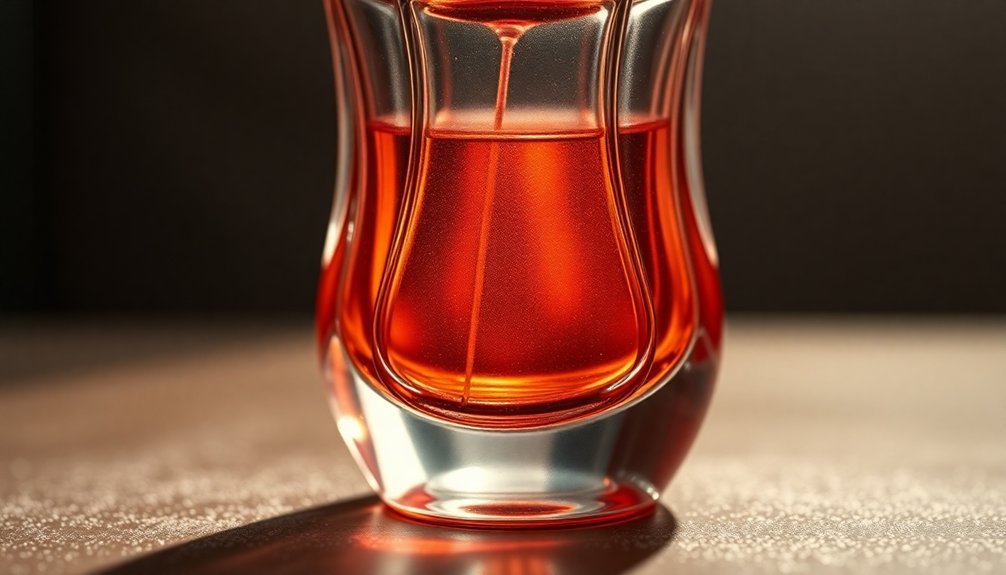
When perfume residue remains in a bottle, it can greatly compromise the quality of any new fragrance you add.
You'll notice unwanted changes in the scent profile as the leftover residue interacts with your fresh perfume, creating unintended chemical reactions that alter its composition.
The presence of residue doesn't just affect the fragrance itself. Store bottles in cool, dark places to prevent further degradation of residual perfume compounds.
You're risking bacterial and mold growth that can contaminate your new perfume, while visible residue can stain and discolor your bottle.
These issues won't only impact the perfume's aesthetics but can also markedly reduce its shelf life.
If you want to preserve your perfume's intended fragrance profile and guarantee it maintains its quality, you'll need to remove all traces of residue before introducing a new scent to the bottle.
Essential Tools and Materials for Bottle Cleaning
Proper cleaning of perfume bottles starts with assembling the right tools and materials.
You'll need a combination of cleaning agents and specialized tools to guarantee thorough sanitization without damaging the bottles. Mild dish soap and white vinegar are your primary cleaning agents, while small brushes and cotton applicators help reach tight spaces. Gentle detergents and soaps are crucial for maintaining the aesthetic appeal of ornate vessels while effectively removing residues.
Essential items for effective bottle cleaning:
- Mild dish soap for removing surface oils and basic residues
- White vinegar or acetic acid to eliminate stubborn perfume traces
- Soft, non-abrasive cloths for drying and polishing
- Small brushes and cotton applicators for detailed cleaning
- Uncooked rice as a gentle abrasive for internal residue removal
Keep these materials in a dedicated cleaning kit, and always work in a well-ventilated area to guarantee proper drying and prevent moisture buildup.
Step-by-Step Cleaning Process for Perfect Results
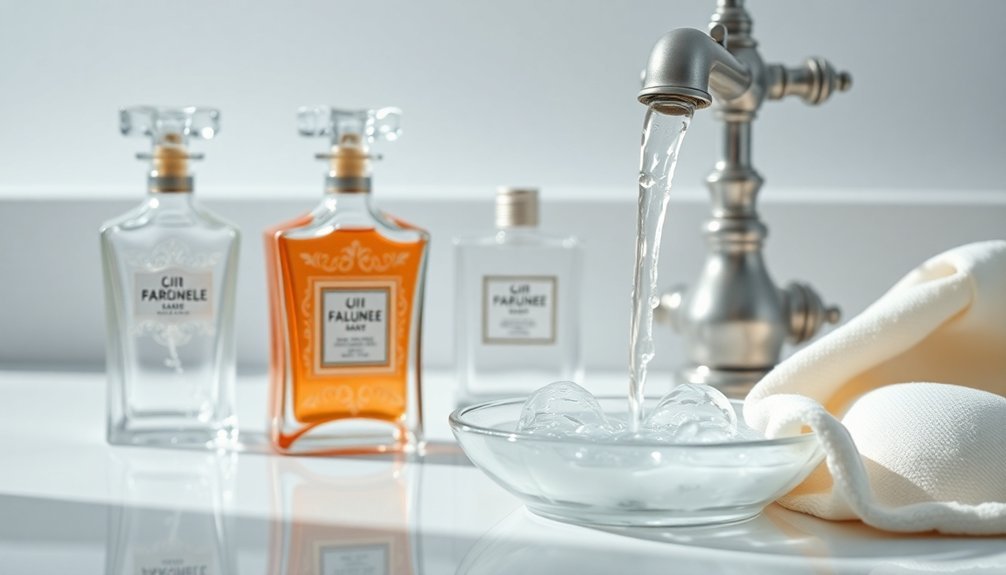
Achieving pristine perfume bottles requires four distinct cleaning phases: preparation, internal cleaning, residue removal, and drying. You'll start by emptying the bottle completely and setting up in a well-ventilated area. Mix equal parts white vinegar and warm water, then add mild dish soap and uncooked rice for gentle abrasion. Mild liquid dish soap helps break down stubborn oils and residues effectively.
| Phase | Action | Duration |
|---|---|---|
| Preparation | Empty and inspect | 5-10 mins |
| Internal Cleaning | Vinegar solution soak | 1 hour |
| Residue Removal | Rice and brush scrub | 15-20 mins |
For stubborn residues, let the solution sit overnight. Use a soft-bristled brush to clean intricate designs, and shake gently with rice for additional cleaning power. Finally, rinse thoroughly with warm water and air dry upside down on a towel before refilling.
Natural Cleaning Solutions for Safe Preparation
Natural cleaning solutions provide the safest and most effective way to prepare perfume bottles for reuse.
You'll find that gentle, natural disinfectants can thoroughly clean your bottles while preserving their integrity. White vinegar mixed with warm water offers an excellent starting point, while essential oils add extra cleaning power and pleasant natural fragrances.
- Mix white vinegar with warm water for a gentle yet effective cleaning solution
- Add a few drops of tea tree or lavender oil for natural disinfectant properties
- Use uncooked rice as a mild abrasive to remove stubborn residues
- Rinse thoroughly with clean water to prevent any cleaning solution residue
- Air dry completely before adding new perfume to avoid contamination
These natural methods help maintain bottle quality while ensuring your fragrances stay pure and uncontaminated by harsh chemicals.
Proper Drying Techniques for Optimal Performance
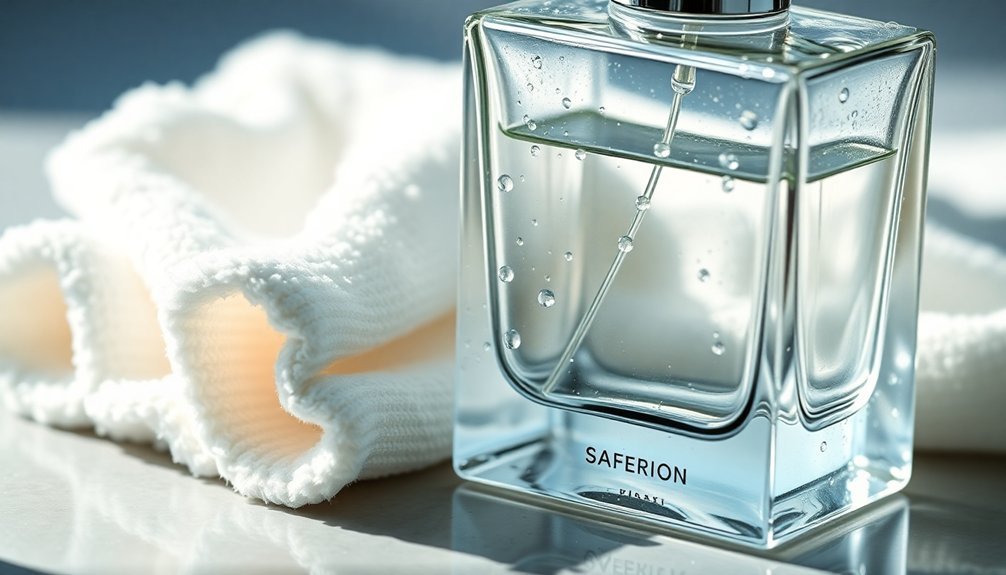
After cleaning your perfume bottles with natural solutions, thorough drying becomes the next essential step for maintaining fragrance quality.
You'll want to position your bottles upside down in a well-ventilated area or on a clean towel to drain excess moisture effectively. Don't use direct heat, as it can damage your perfumes.
For best results, you can use wooden dowels or stable supports to prevent slipping while drying. If you're working in a confined space, consider using fans to improve air circulation.
Once dry, store your bottles in conditions between 10°C to 20°C, away from direct sunlight and humidity.
This careful drying process helps prevent mold, mildew, and contamination while preserving the integrity of your fragrances and protecting the bottle materials from potential damage.
Frequently Asked Questions
How Often Should I Clean My Perfume Bottle if Used Daily?
If you're using your perfume daily, you'll need to clean it monthly or whenever you notice changes in smell, color, or texture. It's also essential to clean before refilling or if the spray mechanism underperforms.
Can I Reuse Perfume Bottles for Different Fragrances After Cleaning?
Yes, you can reuse perfume bottles for different fragrances after thorough cleaning. Just make sure you've removed all traces of the previous scent using vinegar and water, then dry completely before refilling.
Does Cleaning Affect the Decorative Elements or Labels on Perfume Bottles?
Yes, cleaning can affect your bottle's decorative elements. You'll need to be careful as harsh cleaners may damage labels, especially paper ones, while metal labels and pad-printed designs are more resistant to cleaning.
What Signs Indicate My Perfume Bottle Needs Immediate Cleaning?
You'll need to clean your perfume bottle immediately if you notice foul odors, clogged spray nozzles, visible residue, difficult spraying, or if your fragrance smells different than usual. Don't delay cleaning these signs.
Should Perfume Bottles Be Cleaned Differently Based on Their Material Type?
Yes, you'll need to adapt your cleaning methods based on your bottle's material. Use alcohol for glass, gentle soap for plastic, and carefully clean metal components separately to prevent damage and corrosion.
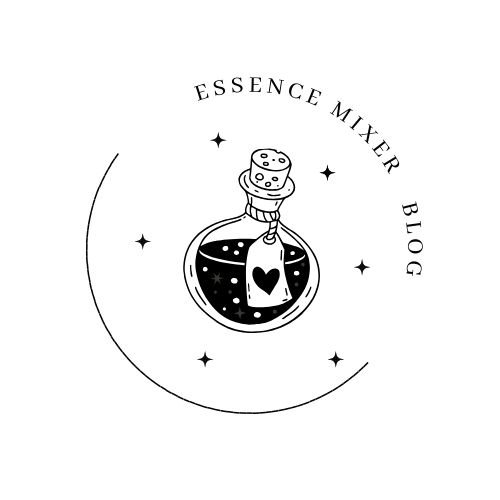

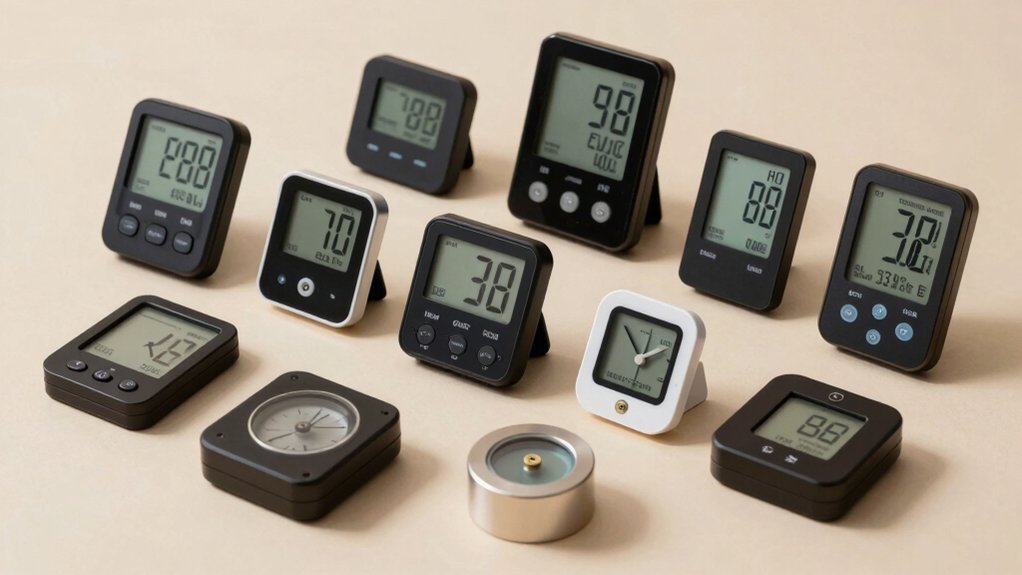
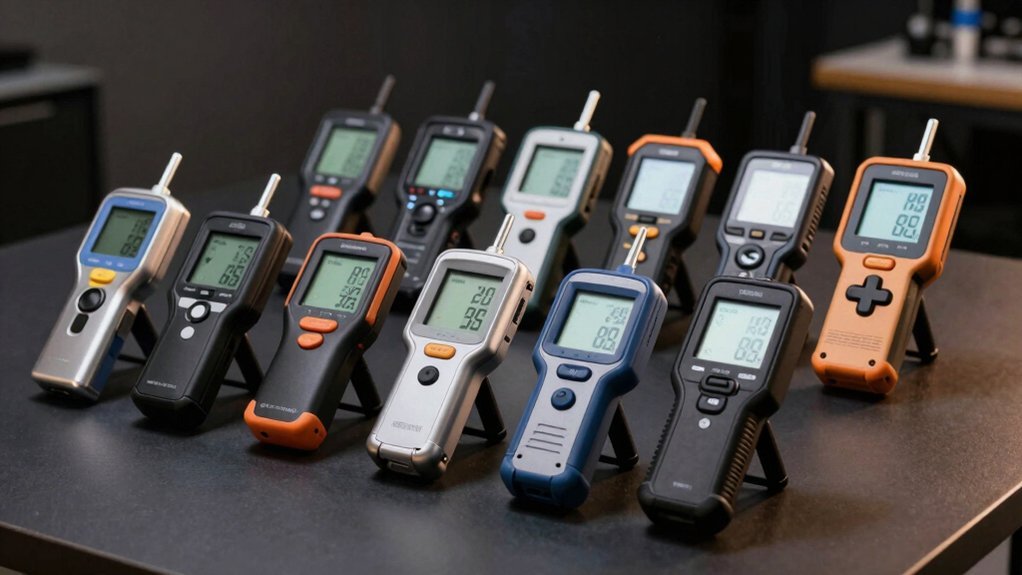
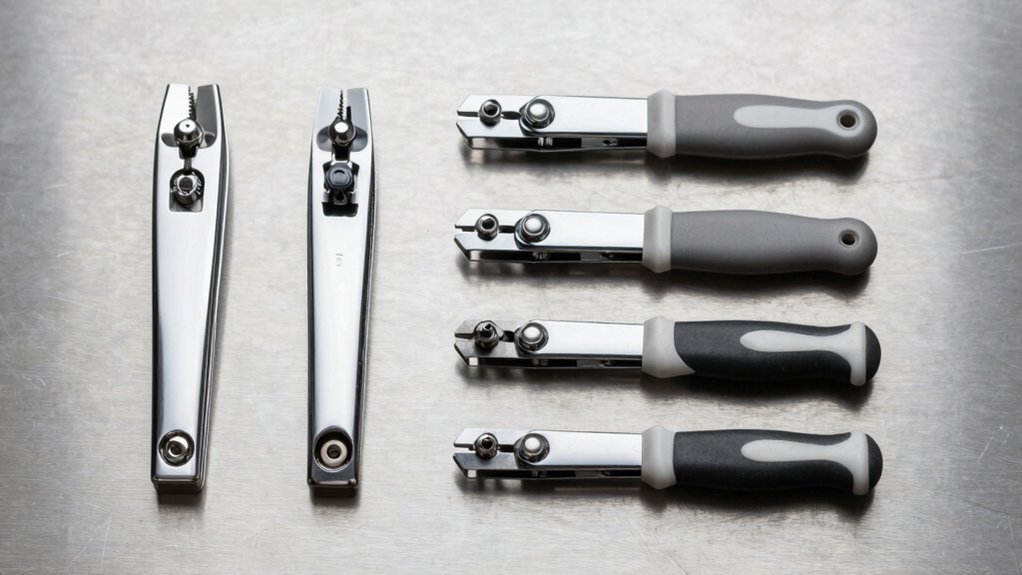
Leave a Reply